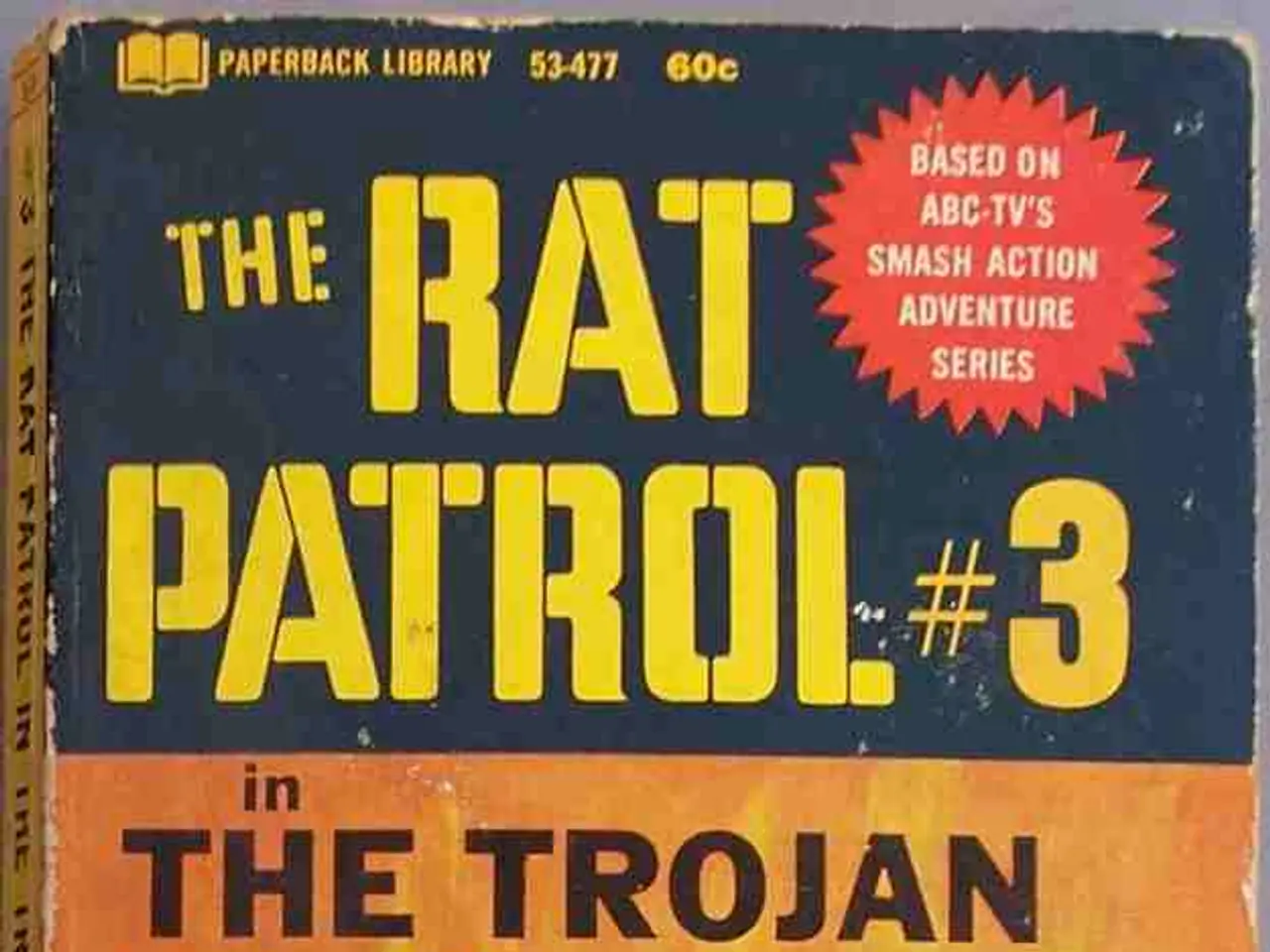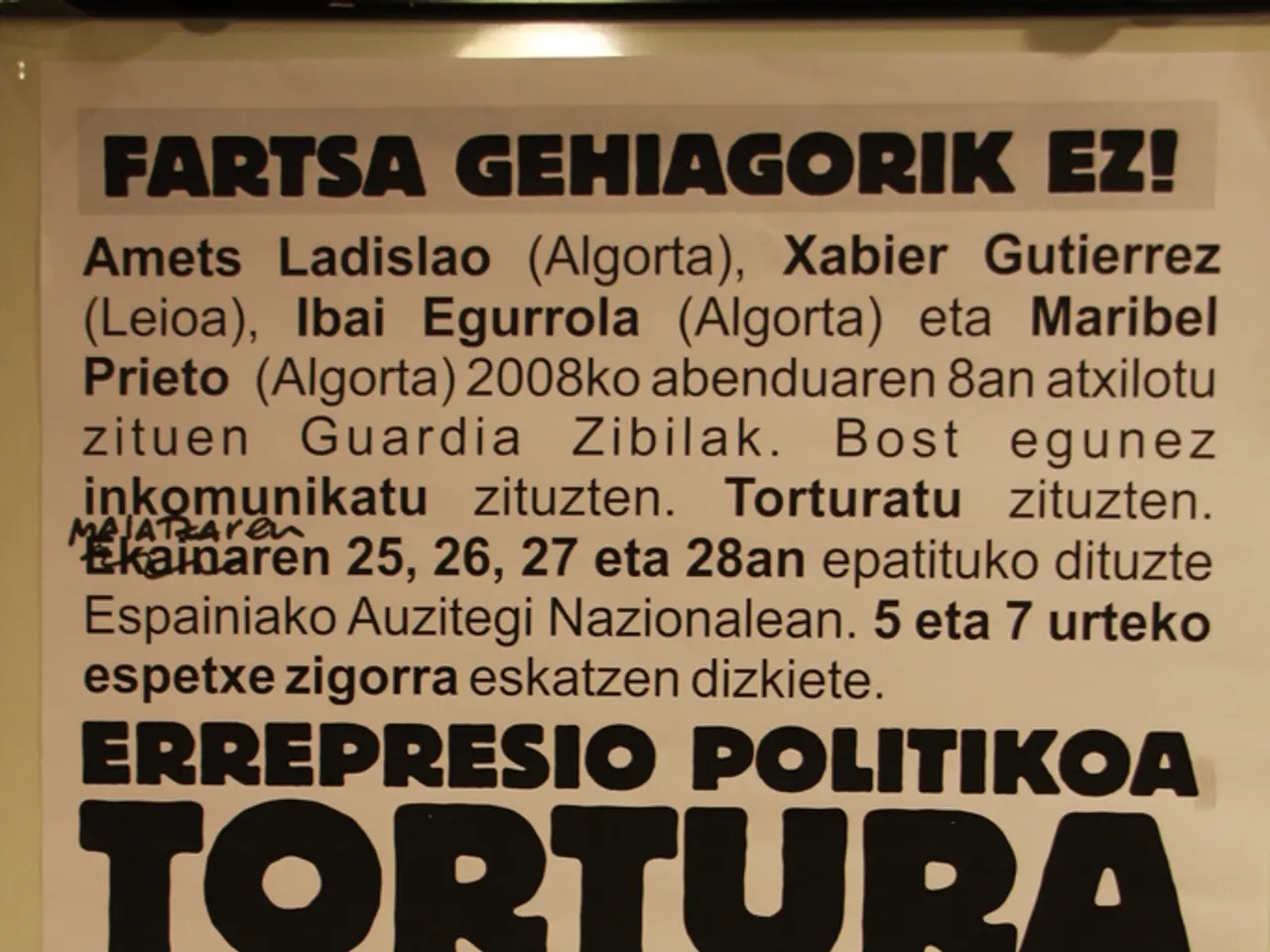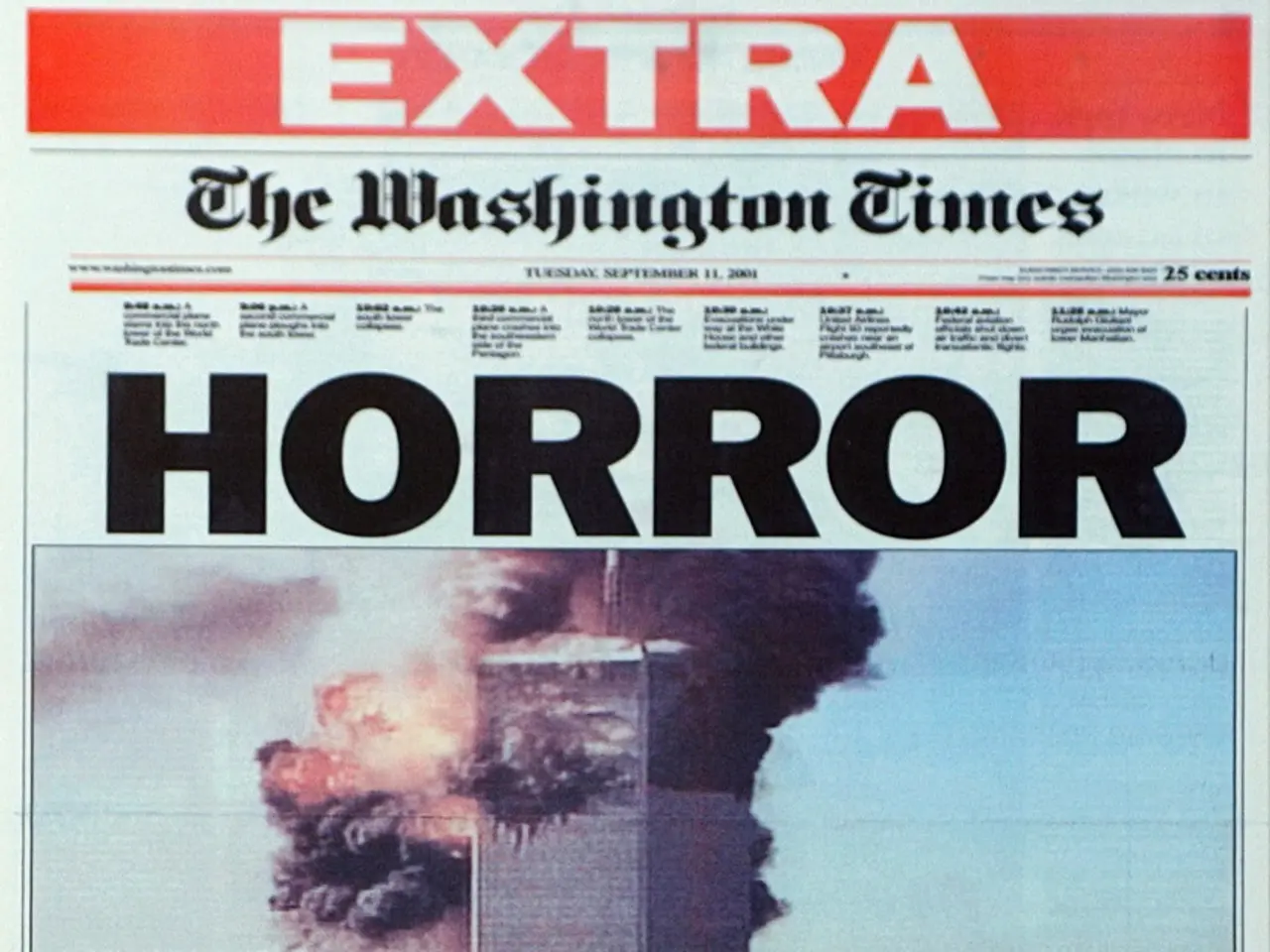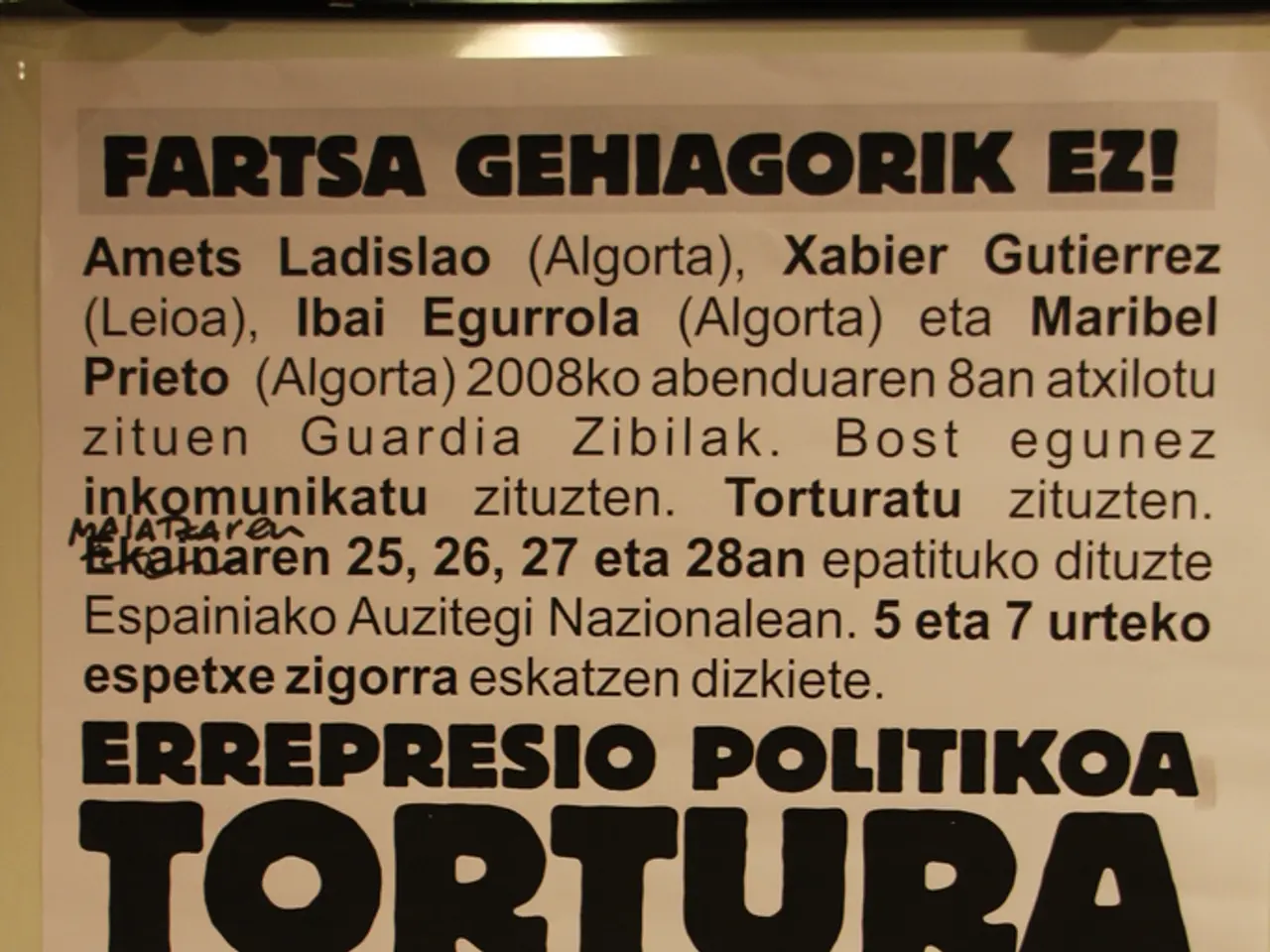Summit in The Hague: NATO Boosts Defense Spending Target to an Historic High
- ~ 4 Min. Reading Time
NATO establishes defense budget aim at 5% rate of GDP - NATO establishes a defense spending goal at 5% of member countries' GDPs.
Under the pressure of Russia's attack on Ukraine and at the persistent urging of US President Donald Trump, NATO members have committed to significantly ramping up defense spending. At their summit in The Hague, the allies agreed to invest at least five percent of their GDP in defense and security by 2035 – a level not seen since the Cold War. Previously, the target was situated at two percent.
This commitment, for the moment, prevents a feared split within the alliance following Trump's triumph in the election.
In exchange for this five-percent pledge, allies anticipate Trump to cease doubting the US's commitment to Article 5 of the NATO treaty, which proclaims that an assault on one member is considered an attack on all.
The heads of state and government of NATO countries also reaffirmed their devotion to collective defense in the event of an attack on any member. The summit declaration proclaims, "We renew our unwavering commitment to collective defense, as enshrined in Article 5. An attack on one is an attack on all."
NATO Defense Spending: An All-Encompassing Venture
In the past, Trump had voiced skepticism about whether the US still adhered to the core agreement of the NATO treaty. On Wednesday, he described the agreement on the target for defense spending, which he had proposed, as "monumental."
The agreement on defense spending stipulates that every member state must dedicate at least 3.5 percent of its GDP to meet "core defense requirements" and attain NATO capability targets. This includes investments in counter-terrorism and militarily usable infrastructure, such as investments in railways, armored bridges, and expanded ports.
Kudos for Trump from Rutte: The Driving Force Behind the Change
German Chancellor Friedrich Merz (CDU) characterized the summit in The Hague as "historic" and emphasized that Germany is increasing its defense spending not for Trump, but due to the current security situation. "Russia is not only threatening Ukraine, Russia is threatening the entire peace and the entire political order of our continent," he claimed.
NATO Secretary-General Mark Rutte acknowledged that such an increase in the NATO target would not have been achievable without Trump's pressure. "He has achieved something that no American president has accomplished in many years," Rutte praised the former Republican.
Rutte, however, did not comment on the fact that Trump achieved this new target primarily through the use of the threat of the US withdrawing from NATO if allies failed to deliver. All allies recognize that NATO's deterrence is largely dependent on the US's military capabilities, and a US withdrawal could mean the alliance's demise.
Ukraine: Sidelined, But Not Forgotten
The limitations of the alliance were evident in the matter of the Ukraine conflict. Almost all Europeans in NATO staunchly back Ukraine and wish to escalate pressure on Russia. Trump refuses to take a clear stance and believes that sanctions harm their own economy.
There was no independent working session dedicated to the Russian aggression against Ukraine at this summit, unlike in previous years. Ukrainian President Volodymyr Zelenskyy, who attended as a guest, did not play a significant role this time. In the summit declaration, solidarity with Ukraine is confined to the ambiguous assertion, "The Allies renew their permanent individual commitments to support Ukraine, whose security contributes to our security."
Zelenskyy scored a minor success in having it recorded in writing that NATO countries can count military support for his country towards their defense spending. This practice was customary in the past, but Ukraine feared that it could change due to Trump's politics.
Last year, NATO vowed Ukraine a financial aid package of 40 billion euros and expressed its support for Ukraine's path to NATO membership. The latter statement, which is of vital importance for Ukraine, has now been entirely omitted.
Concerns Linger: The Potential for Last-Minute Disruptions
Concerns that summit participants, such as Spain's Prime Minister Pedro Sánchez or Slovakia's Prime Minister Robert Fico, might still bring the summit to a catastrophic end were unfounded. Both confirmed their agreement with the final declaration, despite their country's reservations about the new defense spending target.
NATO Secretary-General Mark Rutte had put forth every effort at the summit to keep these differences from becoming a focal point for Trump. In a personal welcome message to the Republican, he wrote that they had "gotten everyone to sign the 5-percent pledge." And with a nod to the pressure Trump had exerted on this issue, he added, "You will achieve something that no American president has done for decades."
Almost no one in NATO cares to speculate about the possibility of a failure. Instead, long-term planning is already underway for the next high-level meetings. According to the final declaration, the summit will be held in Turkey next year, and in Albania in 2027.
- NATO
- Donald Trump
- Ukraine
- Mark Rutte
- USA
- The European Union, cognizant of the escalating tensions in war-and-conflicts zones such as Ukraine, might consider revising its policy-and-legislation on nuclear programs in light of the increased defense spending by NATO members, as stated in the summit declaration.
- As politics around the world evolve, the General-news media may assess the repercussions of the United States' increased defense spending under President Donald Trump, particularly in terms of its influence on NATO and its allies, as well as its potential impact on global peace and security.







